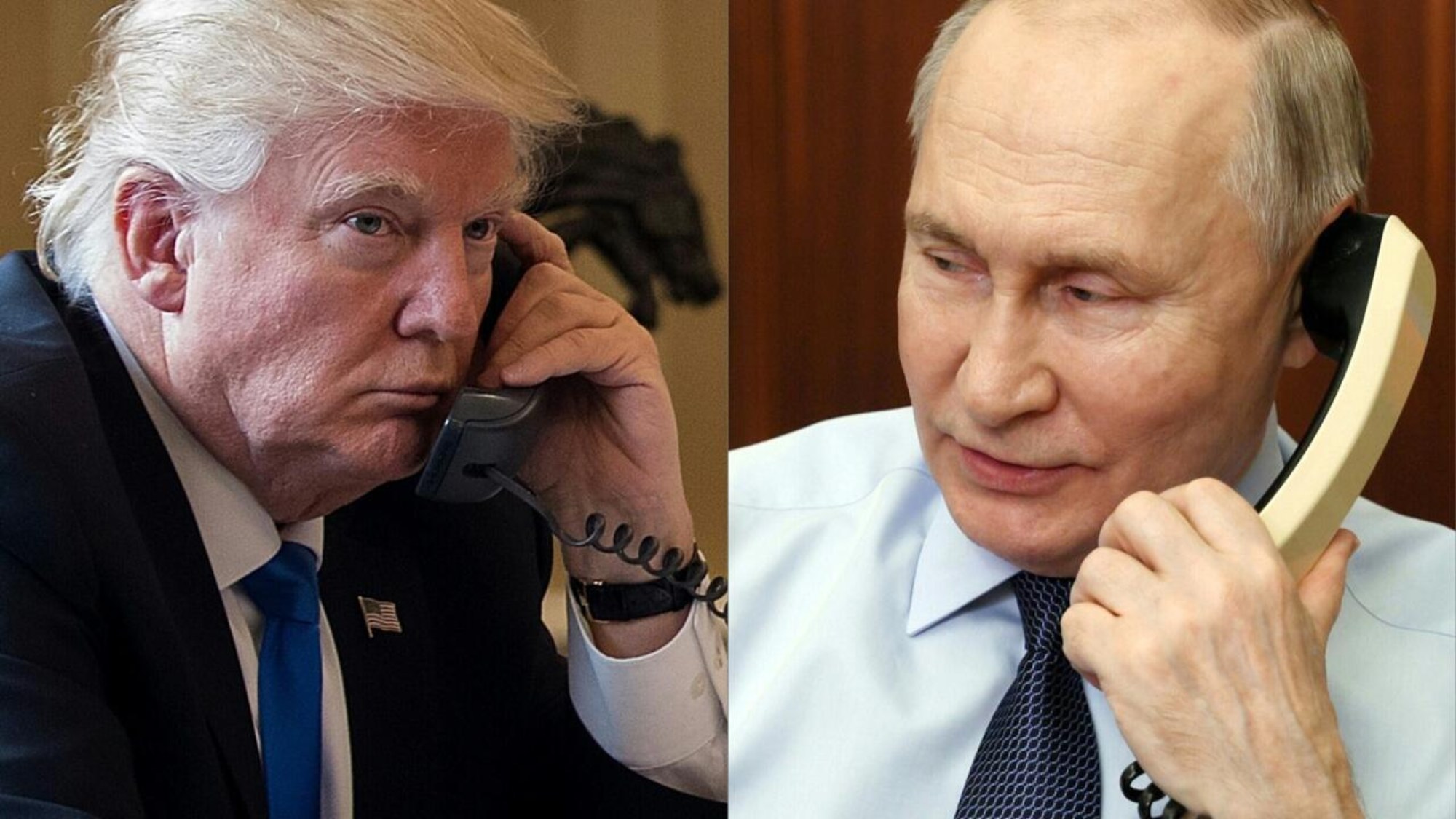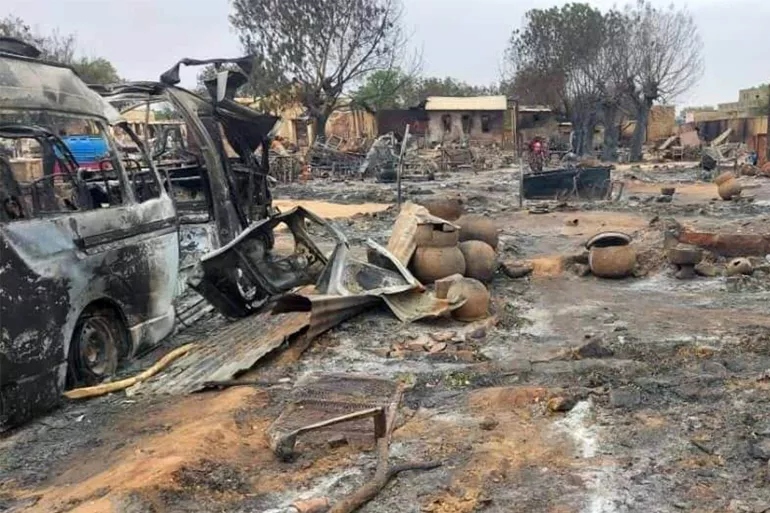A Call for Democratic Oversight: Starmer’s Chance for Reform
Six months have passed since the US and the UK initiated
extensive airstrikes on Yemen, actions taken without consulting Yemenis or
their lawmakers. With UK Prime Minister Keir Starmer committing to prioritize
human rights, this is a pivotal moment to advocate for a more accountable
system in decision-making.
The decade-long Yemen conflict has caused immense suffering,
with the UN estimating 377,000 deaths by 2021 from direct violence and
war-induced conditions like disease and hunger. In 2023, Yemen ranked among the
worst for civilian casualties from explosive weapons. Justice and accountability
for victims remain elusive.
The recent US-UK airstrikes, a response to Houthi rebel
attacks on Red Sea shipping lanes, have only escalated tensions, drawing
comparisons to earlier air campaigns by the Saudi-UAE coalition. These strikes
were authorized without parliamentary consultation, reigniting debate over the
UK's war powers and calls for a War Powers Act to ensure democratic control
over military interventions. Similar criticism arose in the US against President
Biden for bypassing Congress.
Historically, UK prime ministers have often sidestepped
parliament on war decisions. The trend persists, highlighting the need for
enhanced oversight and democratic control, especially as modern warfare's reach
and impact grow. Ensuring parliamentary scrutiny would not only improve
accountability but also likely enhance compliance with international law.
Including local voices, especially those of affected
communities like Yemen, is crucial. The UK's unilateral actions reflect a
lingering colonial mentality, disregarding the views and needs of those living
through the conflict. Meaningful engagement with local perspectives can improve
civilian protection and align military actions with the needs of those
impacted.
Establishing a legal framework for democratic oversight is
essential. The US has some oversight mechanisms, but the UK lacks a formal
structure. Momentum exists for a War Powers Act in the UK, with past support
from leaders like William Hague and recent pledges from Starmer.
Key elements for such a framework include granting lawmakers
access to comprehensive legal advice and ensuring consultation with local
stakeholders. This would enable informed decisions and reinforce a commitment
to justice and accountability in foreign policy.
For a just and accountable foreign policy, the rights and
lives of civilians must be prioritized, with their voices heard and respected.










